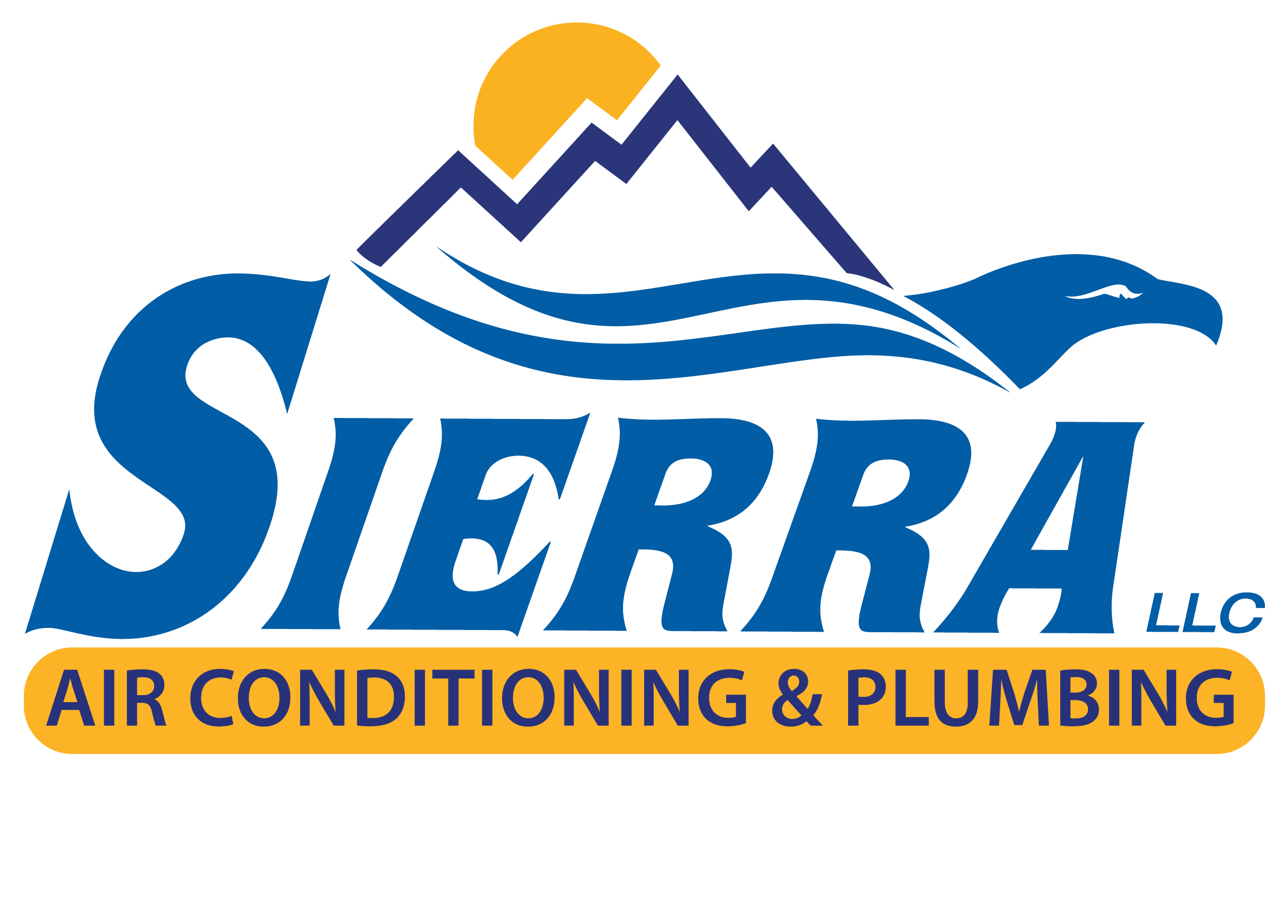If you have ever taken a sip of water from your tap and found it cloudy, do not worry — you’re not the only one. Cloudy tap water is a common issue for homeowners, but it does not have to be a permanent problem. In this blog post, we will discuss the causes of cloudy tap water and how to fix it. Keep reading to learn more.
Common Reasons Why Your Tap Water Is Cloudy
Have you ever noticed your tap water looking a little…cloudy? Though it might not look appealing, it is usually nothing to worry about. In fact, there are a few perfectly harmless reasons why your water might appear cloudy from time to time. One of the most common causes is air bubbles. When water is treated at a water treatment plant, it is often infused with air to help remove impurities. Over time, these air bubbles can make their way into your home’s plumbing system and cause your water to appear cloudy. Another possibility is that your water is simply picking up sediment as it flows through your house’s pipes. This is especially common if you live in an area with hard water. Finally, if you notice your water looking cloudy after a rainstorm, it is likely that the rain has washed pollutants into your water system.
How to Fix Cloudy Tap Water
If your tap water is cloudy, there are a few possible causes. One possibility is that your water heater is to blame. Cloudy water can be a sign that the anode rod in your water heater is deteriorating and needs to be replaced. Another possibility is that your pipes are old and corroded. Sediment can build up over time and cause cloudy water. If this is the case, you will need to have your pipes replaced by a professional. Lastly, it is also possible that your municipality’s water supply is to blame. If this is the case, there is not much you can do on your own to fix the problem. However, you should contact your local water utility to let them know about the issue.
What Is Hard Water?
Hard water is water that has high mineral content. When water contains high levels of calcium and magnesium, it is considered hard. Hard water is not necessarily unsafe to drink, but it can cause problems in plumbing and appliances. The minerals in hard water can build up in pipes and lead to clogs. They can also reduce the efficiency of appliances such as water heaters and dishwashers. In addition, hard water can leave behind mineral deposits on clothing and dishes. For these reasons, many people choose to install water softeners in their homes. Water softeners remove minerals from hard water, making it easier on pipes and appliances and improving the quality of laundry and dishes.
How Do Water Softeners Work?
Water softeners are one of the most popular methods for treating hard water. Hard water contains high levels of minerals, such as calcium and magnesium. These minerals can cause a variety of problems, such as scale buildup on pipes and fixtures and dry skin and hair. Water softeners work by exchanging the minerals in hard water for sodium ions. This process is known as ion exchange. As the water passes through the water softener, the mineral ions are attracted to the sodium ions. The sodium ions then remove the minerals from the water, leaving it soft and free of harmful minerals. Water softeners are an effective way to treat hard water, and they can make a big difference in the quality of your water.
Is Drinking Cloudy Tap Water Bad for You?
Many people believe that drinking cloudy tap water is bad for your health. However, there is no scientific evidence to support this claim. In fact, the main reason why people believe that cloudy water is harmful is that it looks unappealing. Often, cloudy water is caused by high levels of minerals. While these minerals are not harmful to your health, they can cause some minor gastrointestinal symptoms, such as bloating and diarrhea. If you are concerned about the appearance of your tap water, you can use a home filtration system to remove the minerals and make the water clear. However, there is no need to be worried about the safety of drinking cloud tap water.
Can I Shower With Cloudy Tap Water?
Can I shower with cloudy water? This is a question that many people ask, particularly those who are on a water well. While showering in cloudy water may not be ideal, it generally will not pose a health risk. The cloudiness is usually caused by air bubbles, which can occur when water is drawn from a depth of 50 feet or more. These air bubbles eventually rise to the surface and dissipate, leaving the water clear. In some cases, the cloudiness may also be caused by minerals in the water, such as calcium carbonate. While these minerals are not harmful, they can cause skin and hair irritation. If you have concerns about your water quality, it is always best to contact your local water utility for testing.
Should You Have Your Water Tested?
Although most municipalities test their water supply regularly, there are a number of reasons why you might want to have your own water tested. If you have a private well, it is especially important to test your water regularly to ensure that it is safe to drink. Even if you are on a public water system, there may be contaminants in your water that are not being monitored by the government. Testing your water is the only way to be sure that it is safe to drink. There are a number of different ways to test your water, and the frequency with which you should test it will depend on your specific circumstances. If you are on a public water system, you can usually find out how often the water is tested by contacting your local municipality. If you have a private well, you should test your water at least once a year.
What Are Some Common Contaminants in Tap Water?
There are a number of different contaminants that can be found in tap water. Some of the most common contaminants include lead, arsenic, and chlorine. These contaminants can cause a variety of health problems, ranging from minor gastrointestinal symptoms to cancer. It is important to be aware of these contaminants and take steps to reduce your exposure to them. You can do this by using a water filter or by drinking bottled water. You should also avoid cooking with tap water, as the high levels of chlorine can cause harmful chemicals to form in food. By taking these precautions, you can reduce your exposure to harmful contaminants in tap water.
Contact a Professional Today
At Sierra Air Conditioning & Plumbing, we are dedicated to providing our customers with the highest quality HVAC and plumbing services in the Las Vegas Valley. We have a team of experienced and certified technicians who are available 24/7 to help with any emergency heating, cooling, or plumbing repair needs you may have. We also offer a wide range of replacement parts and accessories to keep your system running smoothly. Whether you need a new air conditioner, furnace, water heater, or plumbing fixture, we have what you need. We also offer financing options on approved credit to help make your purchase more affordable. Contact us today to schedule a consultation.





